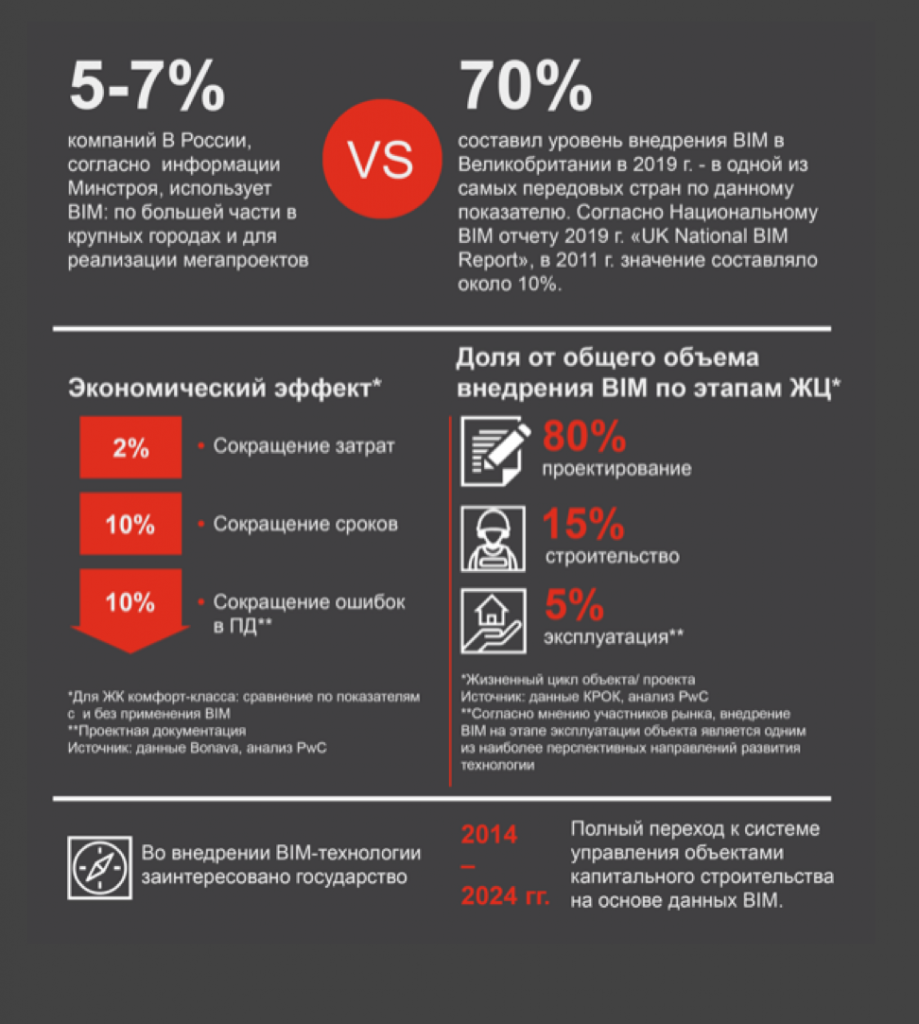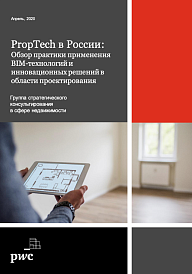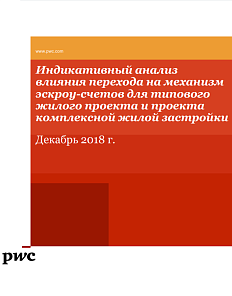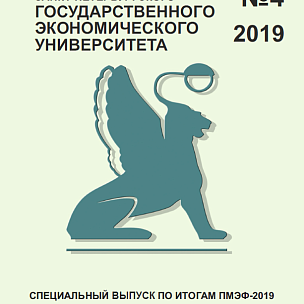PwC presents an analysis of the Russian property technologies market (PropTech). The report covers current level of applicability of BIM technologies and innovations in design engineering in Russia and worldwide.
The authors have analyzed opportunities and challenges in implementation and application of BIM technologies, determined economic feasibility and studied best practices that may be successfully used at the industry level and serve as a competitive advantage for a certain company.
The Roscongress Foundation presents the salient points of the publication accompanied by fragments of broadcasts of relevant panel discussions from the business programme of international events held by the Roscongress Foundation.
BIM technologies and innovations in design engineering are being actively implemented around the world. BIM implementation has become not a competitive advantage, but rather a basic framework.
BIM effect can be achieved cumulatively due to cost saving at different project stages.
One of the most advanced countries in terms of BIM application is the United Kingdom. According to UK National BIM Report, level of implementation in 2019 amounted to 70% vs. 10% in 2011.
In 2014, the EU evaluated economic benefits of BIM technologies and started to establish conditions for active implementation. In 2016 the EU BIM Task Group was established, which goal lies in exchange of positive experience between the EU countries in public sector projects execution with the use of BIM technologies.
Video: https://roscongress.org/sessions/sovremennoe-zhile/search/#00:05:35.888
So far, BIM technologies are not so popular in Russia, nevertheless, the idea of more active use of such technologies in the construction industry is supported at the government level.
According to the Ministry of Construction, only 57% of Russian companies use BIM technologies, mostly in metropolitan cities and to execute megalomanic projects.
So far, the idea of more active use of BIM technologies in the construction industry is supported at the government level. In 2014, the government resolved on gradual BIM implementation, including establishment of laws and regulations that promote efficient BIM operation and development of a unified state industry digital platform to ensure succession of information on capital facilities.
Use of BIM technologies for the government construction contracts will be obligatory since 2021. In order to regulate relations between the state and city-planning subjects, BIM centers to unify relevant regional structures are planned to be established in the constituent entities of the Russian Federation.

Video: https://roscongress.org/sessions/tekhnologii-zhilya/search/#00:20:09.759
Despite the fact that BIM technologies provide new opportunities and promote automation, changes in business process structure inspire natural resistance among certain industry players who question new technologies feasibility.
According to results of a poll held for the British National BIM Report 2019, the main challenges during BIM implementation are:
• 65% not requested by the customer;
• 63% no in-house expert review;
• 51% implementation costs;
• 48% no time for implementation;
• 33% low cooperation level.
If no standard solutions can be applied, BIM technologies are used more extensively and at a higher level. Mainly, it can be attributed to a sophisticated process of construction of unique facilities; and expenditures per 1 sqm of the facility significantly exceed construction costs for similar standard facilities.
Nevertheless, several industry players question the need in shift towards new technologies due to certain barriers: complicated calculation of economic feasibility, excessive initial investments, unclear understanding of BIM essence, need in improvement of laws and regulations, no technological infrastructure and long-term adaptation.
Video:https://roscongress.org/sessions/sovremennoe-zhile/search/#00:38:29.888
For more information about construction as a sector with a sizeable share in many economies, rising level of digitalization, and shifts in consumer sentiment in real estate, please see the Building and construction, Housing and Utilities, Internet of Things, IoT.






